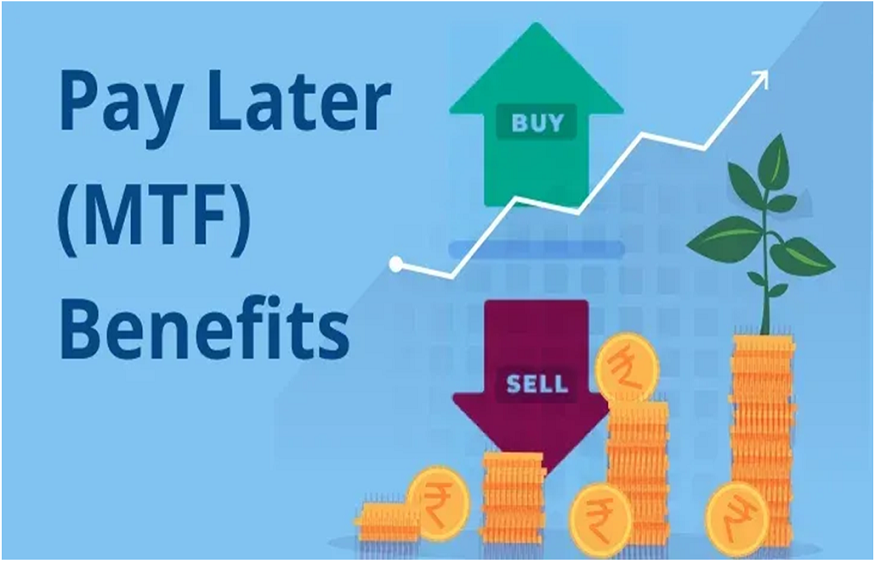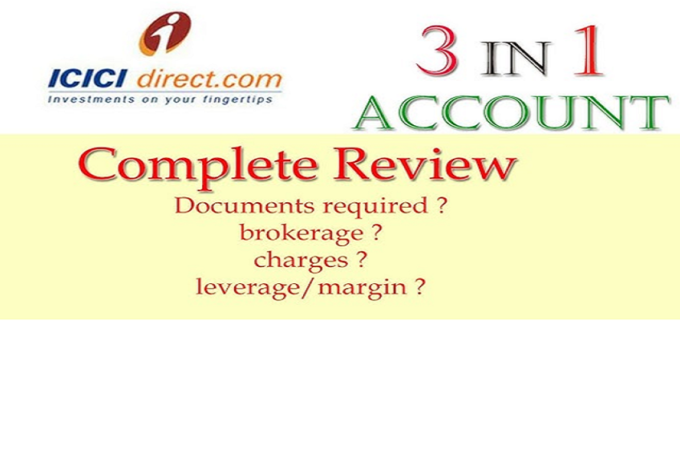
Is MTF Right for You? Key Insights for Demat Account Holders
In today’s fast-paced financial markets, investors are constantly searching for ways to maximize their returns while managing risks effectively. One such facility that has been gaining traction among traders and investors is Margin Trading Facility (MTF). If you already hold a Demat account or are planning to open one, understanding MTF can help you decide whether it aligns with your investment style and financial goals.
What is MTF in a Demat Account?
Margin Trading Facility allows investors to buy stocks by paying only a portion of the total transaction value, while the remaining amount is funded by the broker. In simple terms, MTF acts like leverage in trading—giving you the power to invest in more shares than you could with just your available capital.
For example, if you want to buy shares worth ₹2,00,000 but have only ₹80,000 in your account, an MTF-enabled broker might fund the remaining ₹1,20,000. The purchased shares are held in your Demat account as collateral until you repay the borrowed amount.
Benefits of Using MTF
- Higher Purchasing Power
MTF enables you to buy larger quantities of stocks, helping you capitalize on market opportunities without waiting to accumulate extra funds.
- Flexibility in Investment
Since only a margin amount is required upfront, you can diversify across multiple stocks instead of locking all your funds into a single investment.
- Extended Holding Period
Unlike intraday trading, where positions must be squared off the same day, MTF allows you to carry forward positions, sometimes for months, depending on your broker’s policy.
- Potential for Higher Returns
With more funds at your disposal, you can amplify your gains if the market moves in your favor.
Risks Associated with MTF
While MTF sounds attractive, it comes with its own set of risks that Demat account holders must carefully consider:
- Interest Costs
The broker charges interest on the borrowed amount, which can eat into your profits if the stock doesn’t move as expected.
- Market Volatility Risk
If the stock price declines, you may face losses not just on your invested amount but also on the borrowed portion.
- Margin Calls
Brokers may ask you to add more funds if the stock value falls below a certain threshold. Failure to do so might result in forced liquidation of your holdings.
- Not Suitable for Long-Term Investing
MTF is generally better suited for active traders rather than passive, long-term investors due to the interest component and risk exposure.
Who Should Consider MTF?
MTF is not for everyone. It works best for:
- Experienced Traders who understand market trends and can take calculated risks.
- Active Investors who monitor their portfolios regularly and can manage margin calls quickly.
- Short-to-Medium Term Investors aiming to benefit from specific stock opportunities within a defined time horizon.
However, conservative investors, beginners, or those with low risk tolerance should approach MTF with caution or avoid it altogether.
Factors to Check Before Using MTF
If you are considering MTF with your Demat account, evaluate these key factors first:
- Brokerage Charges and Interest Rates – Compare across brokers to ensure you’re not overpaying.
- List of Eligible Stocks – Not all stocks qualify for MTF; most brokers provide a specific list approved by SEBI.
- Repayment Flexibility – Understand the duration for which you can hold positions and repayment terms.
- Risk Management Strategy – Have a clear stop-loss mechanism in place to avoid significant losses.
Final Thoughts
Margin Trading Facility can be a powerful tool for Demat account holders, but it requires discipline, knowledge, and careful planning. While it enhances your buying power and offers the chance to magnify profits, it also magnifies risks if not managed wisely.
If you’re a new investor, start small, experiment with limited funds, and gradually increase exposure as you gain confidence. For seasoned traders, MTF can act as a catalyst to maximize short-term opportunities—provided you stay vigilant about market movements and interest costs.
In conclusion, MTF is not a one-size-fits-all investment option. It could be the right fit if you’re active, experienced, and willing to manage risks proactively. But if you prefer a low-risk, long-term strategy, sticking to regular cash-based investments in your Demat account might be the smarter choice.





